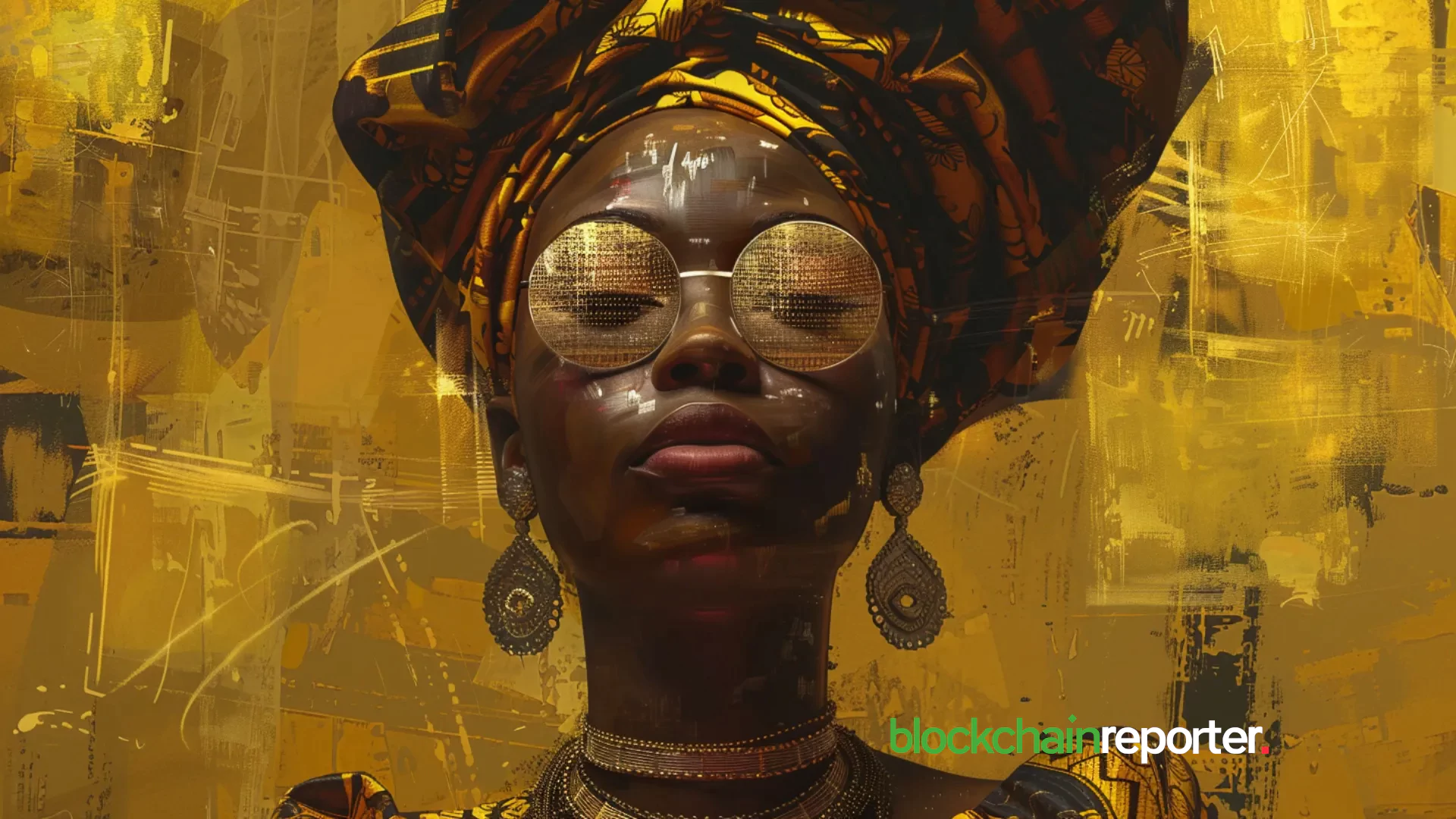
In light of the fact that it is one of the first countries in the world to implement its own central bank digital currency (CBDC), Nigeria has announced that it is prepared to acknowledge the presence of private stablecoins. The most recent strategy paper published by the central bank explicitly states the importance of establishing a legal framework for stablecoins.
The 83-page document from the Central Bank of Nigeria (CBN) is titled “Nigeria Payments System Vision 2025,” and it discusses the possibility of developing a regulatory framework in order to deploy a stablecoin. A framework needs to be developed, as stated in the report, because stablecoins have a good chance of becoming a successful payment mechanism in the country.
Potential for Adopting ICOs with Stablecoins
Additionally, the report addresses the issue of how initial coin offerings (ICOs) should be regulated. It draws attention to the fact that there is now a lack of regulation in the sector, which is responsible for the losses incurred by investors. The CBN, on the other hand, believes that ICOs have the potential to become a novel method of financing capital projects, peer-to-peer lending, and crowdfunding.
Therefore, in the event that acceptance of an ICO-based investment solution takes place, a regulatory framework is also required. However, the section of the report devoted to stablecoins and ICOs is far less extensive than the section devoted to the Nigerian CBDC known as eNaira. The Central Bank of the country views it as having the potential to act as an “enabler for transformation” in the national economy.
It anticipates that full implementation of the stablecoin will be possible within three to five years. In an effort to push its “cashless Nigeria” strategy and boost the use of the eNaira, Nigeria has cut the amount of cash that individuals and businesses can withdraw each week to $225 and $1,125 per week, respectively, as of December 2022.
Since its introduction in 2021, there has been just a modest increase in the number of people using CBDC. According to reports, the CBN has had a difficult time persuading its citizens to adopt the national digital currency. As of October 25, 2022, one year after its launch, less than 0.5% of the population was estimated to have used the eNaira.








